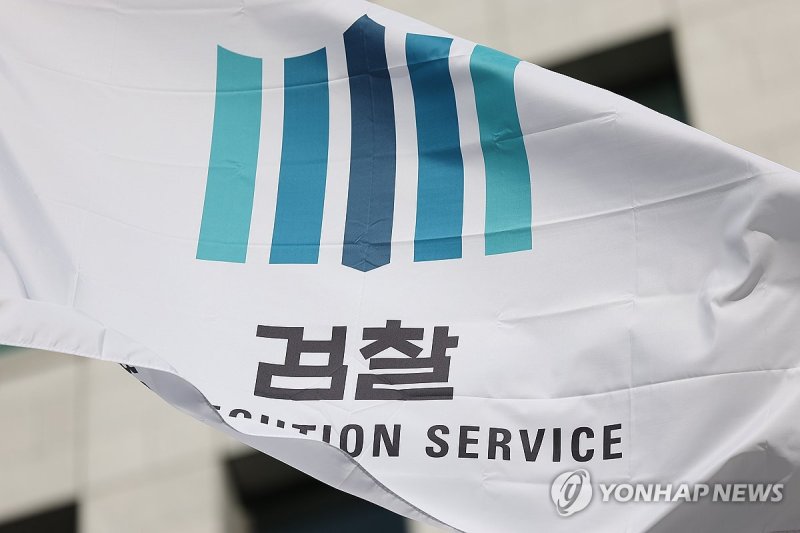Will Asset Preservation Also Be Applied to the Wirye New Town Case, a 'Replica' of Daejang-dong, Involving Nam Wook and Others?
- Input
- 2025-11-19 07:13:46
- Updated
- 2025-11-19 07:13:46

[Financial News] After prosecutors decided not to appeal the Daejang-dong development corruption case, it was revealed that Nam Wook, one of the private developers, requested the release of his frozen assets, sparking controversy. Meanwhile, prosecutors are reportedly considering asset preservation measures against private developers in the Wirye New Town development preferential treatment case as well.
According to the legal community on the 19th, the Seoul Central District Prosecutors' Office is reviewing whether to request asset preservation orders in the Wirye New Town case, where private developers involved in the Daejang-dong scandal have also been indicted.
A representative from the prosecution stated, "We are comprehensively reviewing various options."
The Wirye New Town preferential treatment allegations center on claims that Seongnam Urban Development Corporation (SDC) unfairly funneled profits to private developers during the project, earning it the reputation of being a 'lookalike' to the Daejang-dong case.
Former SDC Planning Director Dong-gyu Yu, attorney Nam Wook, and accountant Yeonghak Jeong have also been indicted in connection with this case.
However, in the case of Wirye New Town, the estimated criminal proceeds calculated by prosecutors amount to approximately 21.1 billion won, which is significantly less than in the Daejang-dong case.
Previously, in the Daejang-dong case, prosecutors regarded 781.5 billion won—nearly the entire profit earned by private developers—as criminal proceeds and requested forfeiture from the court.
However, the court imposed forfeiture of only 47.3 billion won on three individuals—Kim Man-bae, Dong-gyu Yu, and Jeong Min-yong—citing difficulties in calculating the precise amount of embezzlement.
With prosecutors dropping their appeal, the principle of non-aggravation under the Criminal Procedure Act means that the forfeiture amount cannot be increased in the appellate court compared to the first trial.
Effectively, with a 'zero forfeiture' confirmed for Nam Wook, he submitted an opinion to the Public Trial Division 3, Seoul Central District Prosecutors' Office in April, stating that unless the asset preservation order on approximately 51.4 billion won of his assets—out of the 207 billion won seized during the first trial of the Daejang-dong case—is lifted, he will seek state compensation.
In addition to Nam Wook, Kim Man-bae and accountant Yeonghak Jeong may also request the release of their seized assets. Of the total 207 billion won under asset preservation orders, 127 billion won belonging to Kim Man-bae and 25.6 billion won belonging to Yeonghak Jeong remain frozen.
jjw@fnnews.com Jung Ji-woo Reporter